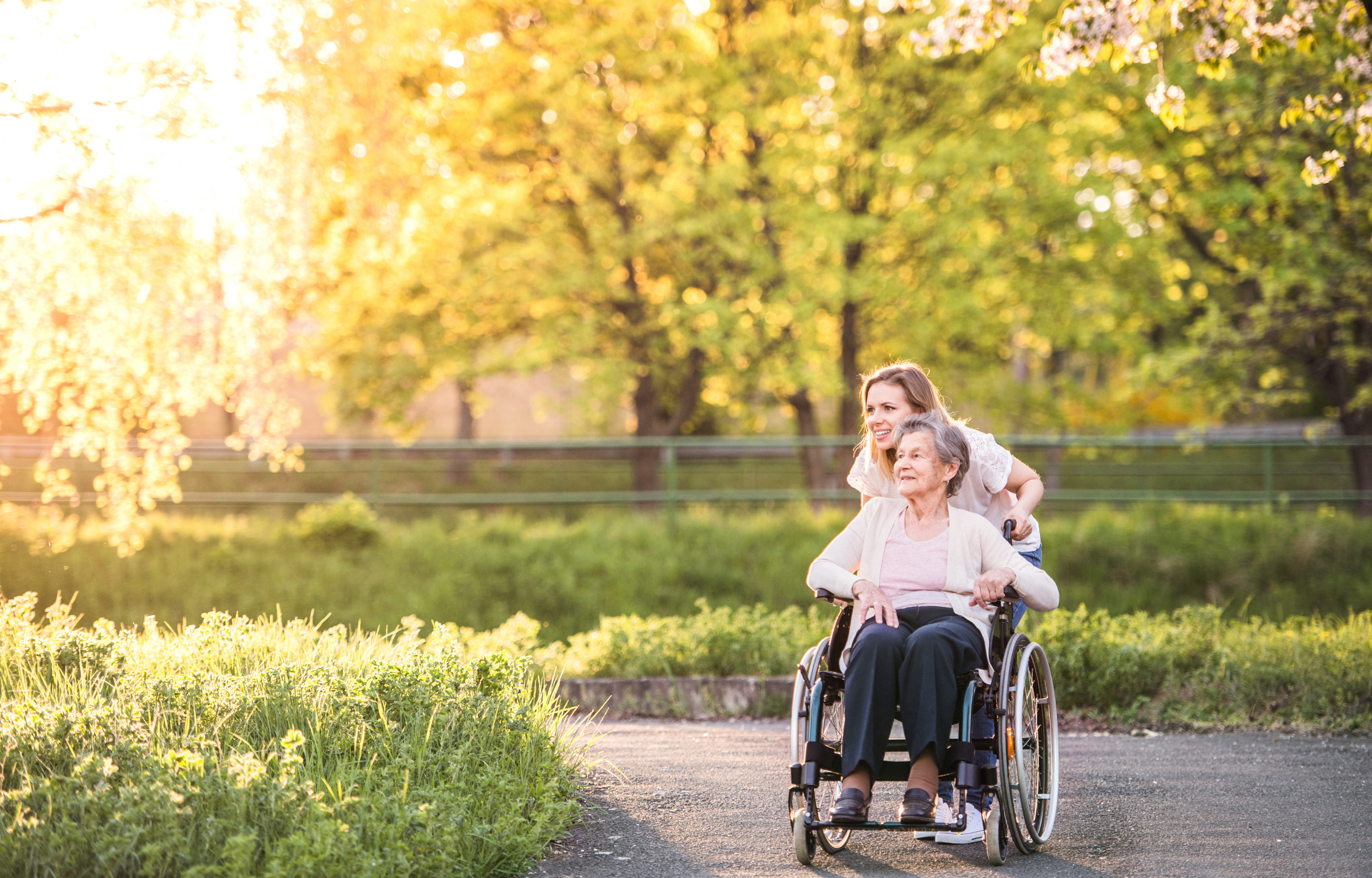Mobility and Safety Articles
Seven Tips for Managing the Household
As time has gone by, your aging parent may have lost some steam regarding taking care of their home, self-care, daily chores and the organization of outside help. This is an area where you can be a great help to your parent. But, depending on your parent's condition and ability to take care of him or herself, be sure to offer your assistance carefully (think suggestions and recommendations rather than demands and ultimatums.) Here are our Top Seven Tips to help you stay on top of his or her in-home needs:

Wheelchairs vs. Transportation Chairs
Healthcare Technology For Seniors: A New Model Offers Control, Independence And Dignity
Personalized services including healthcare technology for seniors allow for older Americans to remain independent at home.
Helping Seniors Get Connected Through Technology
Preventing Bedsores and Pressure Sensitive Ulcerations
Bedsores can be a serous problem for bed-ridden or wheelchair-bound persons. Bedsores are better described as pressure sores or pressure sensitive ulcers. A pressure sore is the result of an injury to the skin and the tissue below caused by a constant pressure to the area, as can occur in an elderly person who is in bed or seated most of the time. Bedsores can occur anywhere on the body, but they are most common in boney areas such as the heel, elbow, ankle or hip – and the pressure points on the back, legs, shoulders and buttocks. Pressure sores can be serious, even life threatening. Pressure sores are typically difficult to heal, and in the elderly population made more so due to diabetes and other conditions that affect wound healing. Doctors agree that it is far better to prevent bedsores than to treat them.
